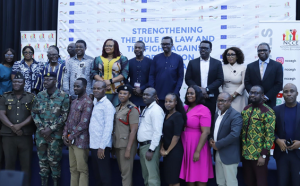
By Sandra Agyeiwaa Otoo
Deputy Chairman-General Services, National Commission for Civic Education (NCCE), Victor K. Brobbey has expressed grave concern about the erosion of Ghana’s ethical standards, warning that corruption is no longer only a governance problem but also a cultural one.
Speaking at a national dialogue on the rule of law and fight against corruption, organised in partnership with Deutsche Gesellschaft für Internationale Zusammenarbeit (GIZ) under the theme ‘Empowering citizens, promoting accountability’, he lamented the growing acceptance of internet fraud – popularly called ‘sakawa’ – and the dangerous influence of rogue religious leaders.
“Today, our young people are under immense pressure to acquire wealth by any means necessary. What used to be fringe behaviour – internet fraud, sakawa, ritual money practices – has really crept into mainstream youth culture. Internet fraud is no longer frowned upon in many communities. It is now almost seen as a symbol of intelligence and, even worse, a path to respect and influence,” he revealed.
“And the rise of rogue religious leaders promising instant wealth through magical and manipulative spiritual means has only added fuel to this fire. It has only conflated the distinction between appropriate moral behaviour and inappropriate immoral behaviour,” he added.
He said, today, society admires wealth and luxury without questioning its source. Worryingly, even respected traditional and religious institutions are accused of demanding money before granting audience – showing how deeply corruption has crept into once-trusted spaces.
He emphasised that the celebration of material wealth, coupled with involvement of certain traditional and religious institutions, is accelerating the decline of values that once upheld honesty and service.
“We cannot build a just society when our gatekeepers themselves begin to mirror the very symptoms of a corrupt system. When our moral fabric is under siege, the rule of law becomes a victim. Citizens lose trust in institutions and justice is perceived as a commodity to be bought,” he noted.
As part of efforts to tackle the issue, NCCE has rolled out a series of public educational engagements. These include advocacy on the Whittle-Lewis Act, social media campaigns on negative effects of corruption, creating community-based social auditing committees and youth-focused anti-corruption engagements through civic clubs.
The NCCE’s dialogue forms part of the ‘Strengthening the Rule of Law and Fight Against Corruption in Ghana’ project under the Participation, Accountability and Integrity for a Resilient Democracy (PAIReD) Programme.
The initiative was commissioned by Germany’s Federal Ministry for Economic Cooperation and Development (BMZ), co-financed by the European Union (EU) and Switzerland’s State Secretariat for Economic Affairs (SECO) and being implemented by GIZ to advance transparency and accountability nationwide.
Component Manager-Deutsche Gesellschaft für Internationale Zusammenarbeit (GIZ) Kweku Lartey Obeng underscored the urgency of collective action, citing Ghana’s declining position on Transparency International’s Corruption Perception Index (CPI). He added that Ghana ranked 80th out of 180 countries in 2024 with a score of 42 out of 100 – its lowest in five years.
“Despite numerous efforts to combat corruption in Ghana, it continues to be widespread….affecting all levels of society and jeopardising our democratic achievements. Ghana’s ranking in the CPI, Corruption Perceptive Index highlights the critical need for collective action. The country ranked 80th out of 180 countries in the 2024 Transparency and National Corruption Perception Index, with a score of 42 over 100 – the lowest in five years,” he revealed.
This decline, he said, shows that citizens’ trust in the state’s ability to fight corruption seems to be eroding….adding that this underscores the need for such national dialogue on the rule of law and fight against corruption.

Mr. Obeng explained that empowering citizens and promoting accountability helps build a culture of integrity and transparency, which is essential to the rule of law. He reminded CSOs of their crucial role in fighting corruption, stressing that their advocacy, awareness campaigns and monitoring of public institutions are invaluable to Ghana’s accountability drive.
“By empowering citizens and promoting accountability, societies can create a culture of integrity and transparency, which is a fundamental cornerstone to the rule of law. So, dear CSOs present here, you are equally vital in fighting against corruption. You are equally vital in promoting accountability in the nation of Ghana. Therefore, your efforts in raising awareness and advocating for policy changes and monitoring public administrations are very valuable,” he said.
The post Ethical standards under serious threat – NCCE warns appeared first on The Business & Financial Times.
Read Full Story

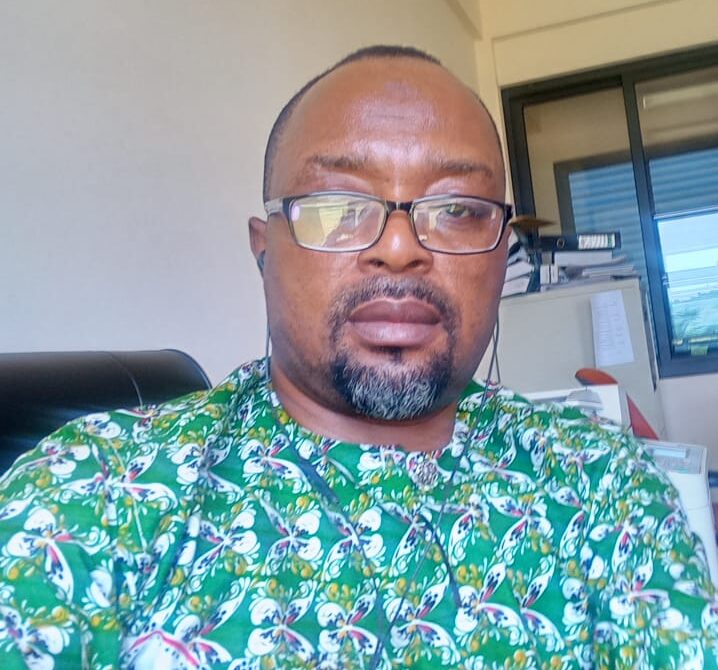
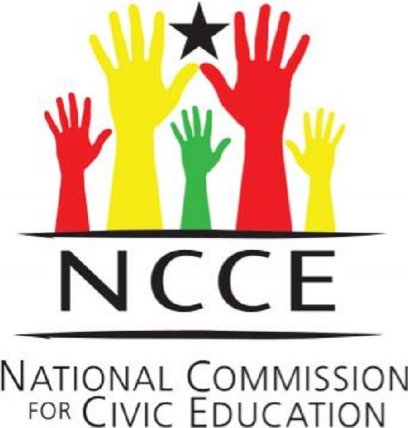

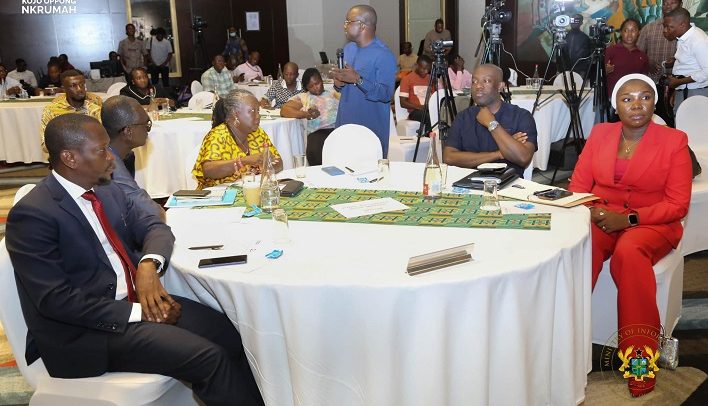

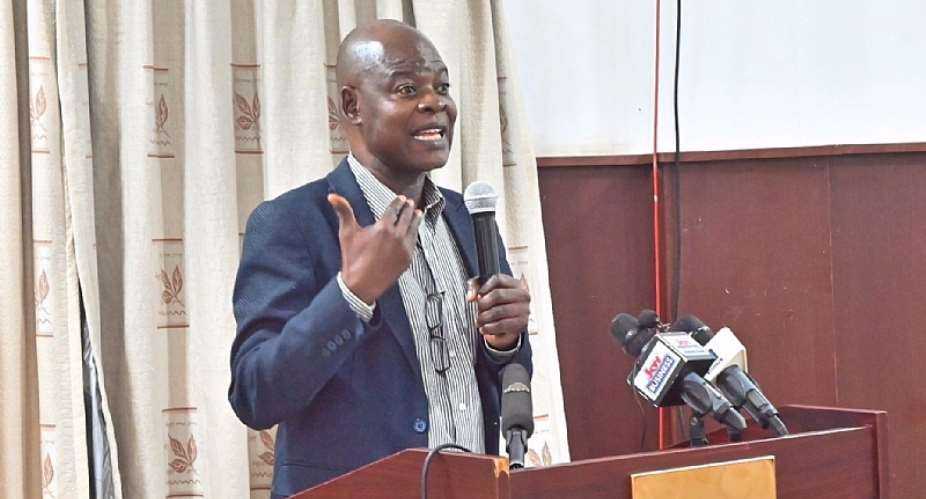














Facebook
Twitter
Pinterest
Instagram
Google+
YouTube
LinkedIn
RSS